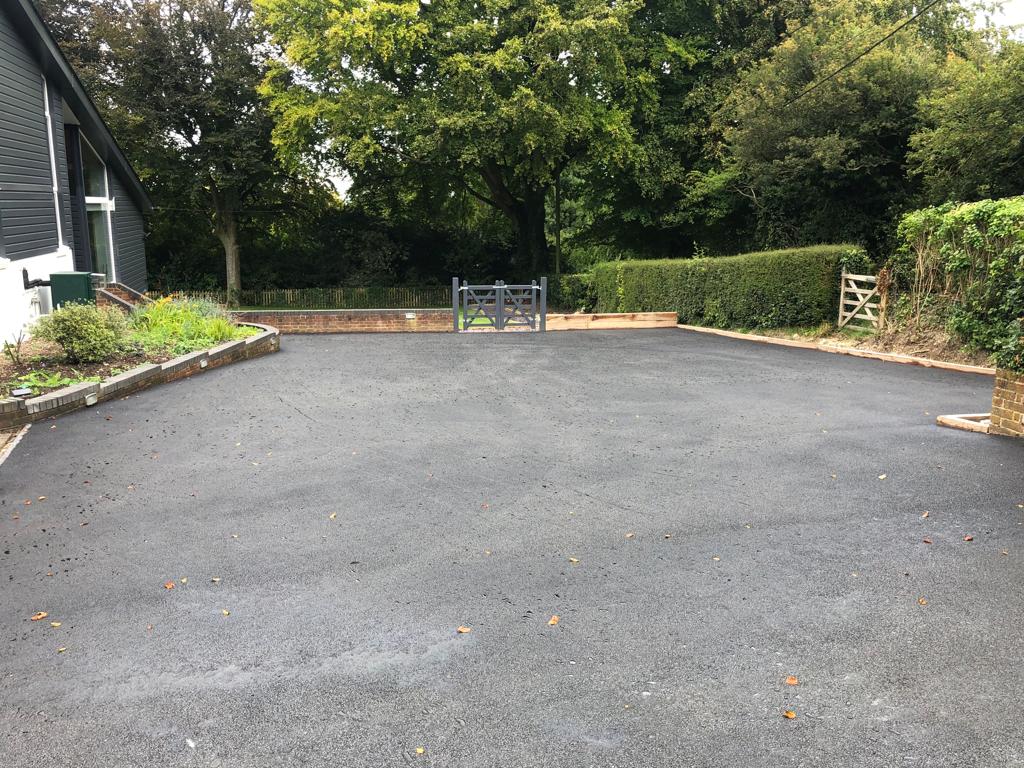Introduction: At Wagga Wagga Road Tech, we understand that potholes are more than just an inconvenience on our roads—they can have a significant psychological impact on those who encounter them regularly. In this blog post, we will explore the often-overlooked mental health aspects of dealing with pothole-related stress and anxiety and offer some strategies to mitigate these effects.
The Hidden Impact of Potholes
Potholes are common on many roads, causing vehicle damage, creating safety hazards, and leading to costly repairs. However, the psychological toll of encountering potholes regularly can be just as impactful. Drivers and pedestrians alike can experience heightened levels of stress and anxiety due to the constant need to navigate these road hazards.
Stress and Anxiety: A Closer Look
- Stress from Uncertainty
- Why It Matters: The unpredictability of potholes can create a sense of uncertainty and loss of control.
- Impact: Drivers may become hyper-vigilant, constantly scanning the road for potential hazards, leading to mental fatigue and increased stress levels.
- Financial Anxiety
- Why It Matters: Pothole-related vehicle damage can lead to unexpected and often significant repair costs.
- Impact: The financial burden of these repairs can cause considerable anxiety, especially for those on a tight budget.
- Safety Concerns
- Why It Matters: Potholes can cause accidents, resulting in injuries or worse.
- Impact: The fear of an accident can lead to anxiety, particularly for those who have previously experienced pothole-related incidents.
- Time Pressure
- Why It Matters: Pothole-induced damage or delays can disrupt daily routines and schedules.
- Impact: The additional time needed for repairs or alternate routes can add to the stress of meeting work, school, or personal commitments.
Coping Strategies for Pothole-Related Stress
- Stay Informed
- Action: Keep up with local council reports and community updates about road conditions.
- Benefit: Knowing which areas are prone to potholes can help you plan your route and avoid the worst-affected roads.
- Vehicle Maintenance
- Action: Regularly check your vehicle’s tyres, suspension, and alignment.
- Benefit: Proactive maintenance can reduce the risk of serious damage and provide peace of mind.
- Drive Defensively
- Action: Adopt a defensive driving approach, maintaining a safe distance from other vehicles and driving at a controlled speed.
- Benefit: This can help you react more safely to unexpected potholes and reduce the likelihood of accidents.
- Community Advocacy
- Action: Get involved in local community groups or campaigns advocating for better road maintenance.
- Benefit: Collective action can lead to improved road conditions and a shared sense of accomplishment.
- Stress Management Techniques
- Action: Incorporate stress management techniques such as mindfulness, deep breathing exercises, or regular physical activity into your routine.
- Benefit: These techniques can help mitigate the stress and anxiety of driving on pothole-ridden roads.
The Role of Authorities
While individual coping strategies are important, local authorities must take responsibility for road maintenance and repair. Adequate funding and timely interventions can significantly reduce the prevalence of potholes and the associated psychological toll.
Conclusion: At Wagga Wagga Road Tech, we are committed to highlighting the broader impacts of road maintenance issues, including the psychological effects of pothole-related stress and anxiety. By understanding these impacts and implementing effective coping strategies, we can better manage the mental health challenges posed by poor road conditions.
Call us on: 02 6188 7386
Click here to find out more about Wagga Wagga Road Tech
Click here to complete our contact form and see how we can help you with your road needs.

